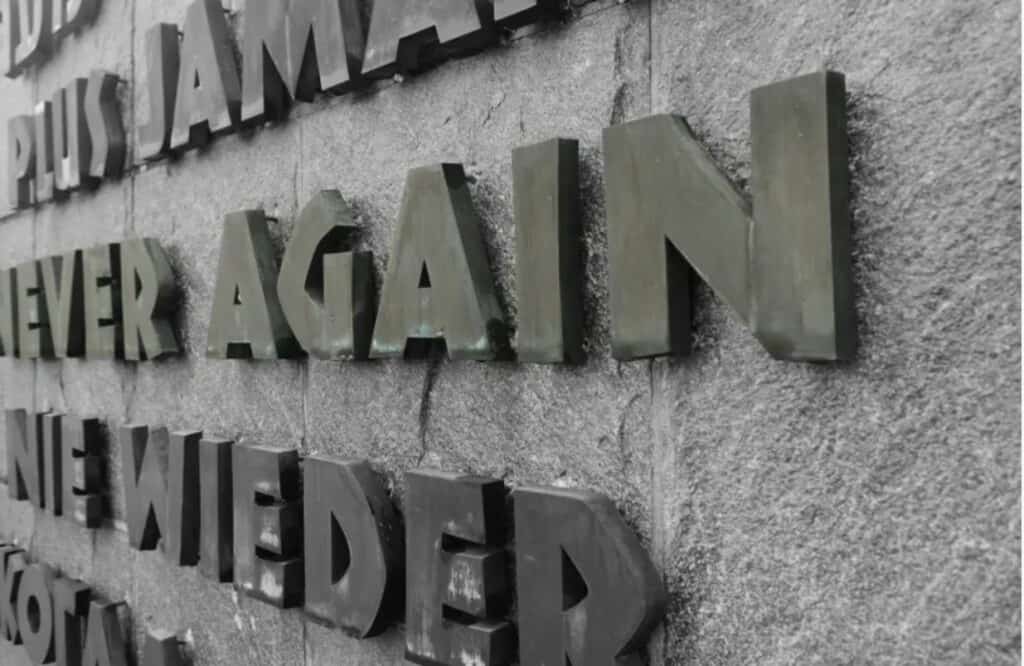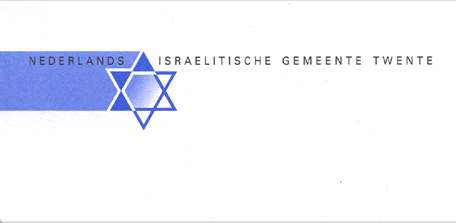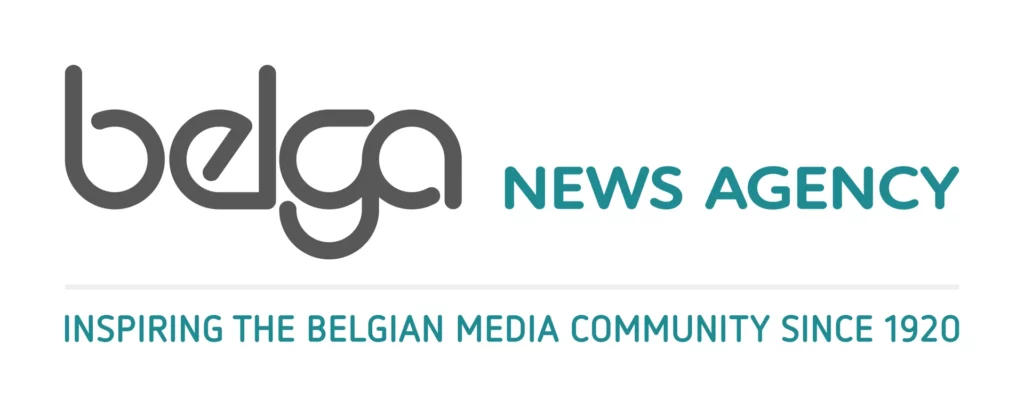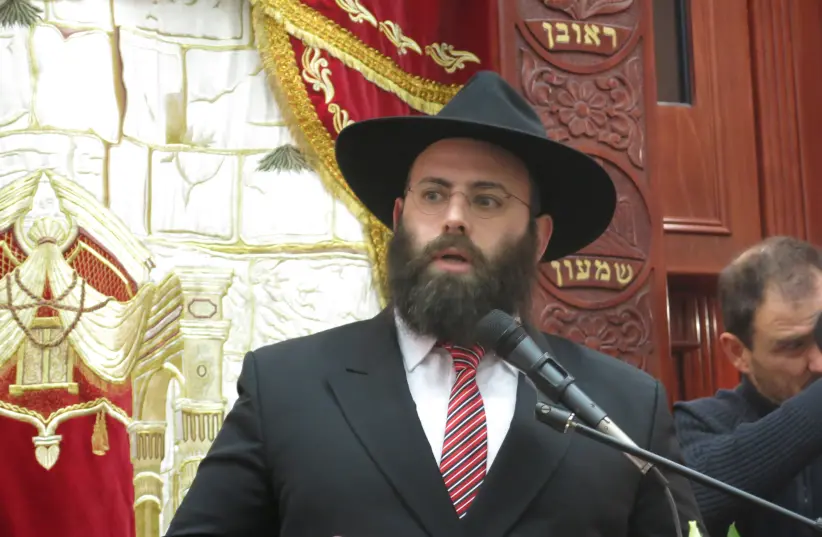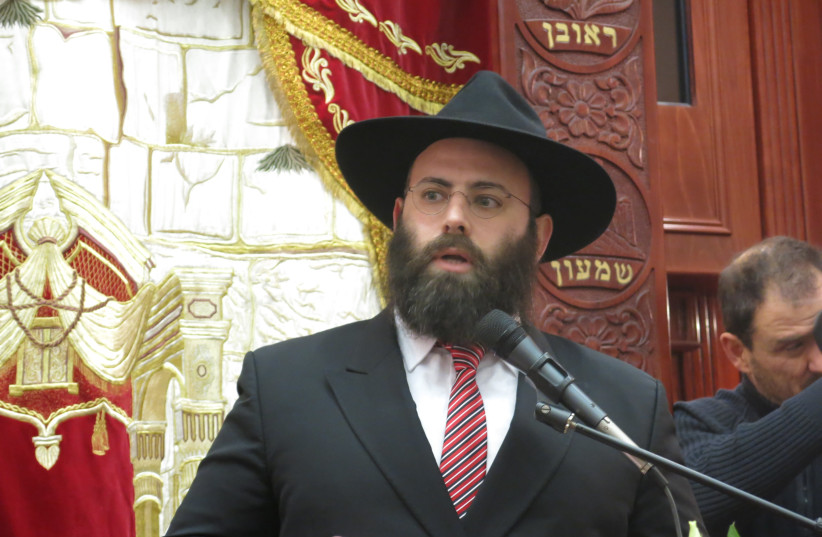La France est le pays dont la communauté juive se sent le moins en sécurité, en dépit des actions menées par l’Etat, selon une étude portant sur 12 pays européens publiée ce mardi dans le cadre d’une rencontre organisée par l’Association juive européenne (EJA).
Les chiffres font froid dans le dos. D’après une étude sur la «qualité de vie juive» portant sur 12 pays européens, réalisée par l’Institute for Jewish Policy Research de Londres et par la European Union Agency for Fondamental Rights, auprès de 16.000 Juifs européens en 2018, la France est le pays dont la communauté juive se sent le moins en sécurité.
QUATRE CRITÈRES CROISÉS
Pour réaliser cette étude, les chercheurs ont croisé quatre ensembles de données : le sentiment de sécurité ressenti par la communauté juive, l’attitude de la population vis-à-vis des juifs et Israël, l’antisémitisme et enfin la «performance du gouvernement» (statistiques sur les incidents antisémites, lieux de mémoire de l’Holocauste, budget destiné à la sécurité des sites juifs, liberté de culte et préservation des pratiques juives telles que la circoncision et l’abattage rituel, etc…).
Les résultats sont probants. Il en ressort que la France, qui comprend la plus forte communauté juive d’Europe avec un peu moins de 500.000 Juifs, arrive à la 10e position (68/100) de cet index qui concerne également l’Italie (1ère place avec 79/100), la Hongrie (2e), la Pologne (11e), la Belgique (12e place avec 60/100), mais aussi l’Allemagne, l’Espagne, le Danemark, le Royaume-Uni, la Suède, les Pays-Bas.
DES ATTAQUES ET ATTENTATS ANTISÉMITES
«L’une des conclusions, surprenante, est que le gouvernement de la France a une bonne performance» par les actions menées par l’Etat (score de 83/100), «mais en dépit de cela, la communauté juive exprime un fort sentiment d’inquiétude» pour sa sécurité (31/100), ce qui place la France en dernière position sur ce point, a déclaré à l’AFP Daniel Staetsky, auteur de cet index et statisticien à l’Institute for Jewish Policy Research.
Comme possibles explications, il a cité les «attaques terroristes antisémites» comme la tuerie de l’école juive Otzar Hatorah à Toulouse en 2012 ou l’attaque contre l’Hypercacher dans l’Est parisien en janvier 2015.
LE DANEMARK PREMIER DE LA CLASSE
Autre enseignement : c’est au Danemark que la population juive se sent le plus en sécurité. La Hongrie arrive au premier rang concernant l’antisémitisme. Et la Belgique est dernière pour les actions menées par le pays en faveur de sa communauté juive.
Selon l’EJA, la rencontre, qui se tient à Budapest (Hongrie) depuis lundi et se termine mardi, réunit quelque 250 personnes, dont 120 représentants et dirigeants des communautés juives d’Europe.
https://www.cnews.fr/france/2022-06-21/la-france-est-le-pays-europeen-dont-la-communaute-juive-se-sent-le-moins-en



